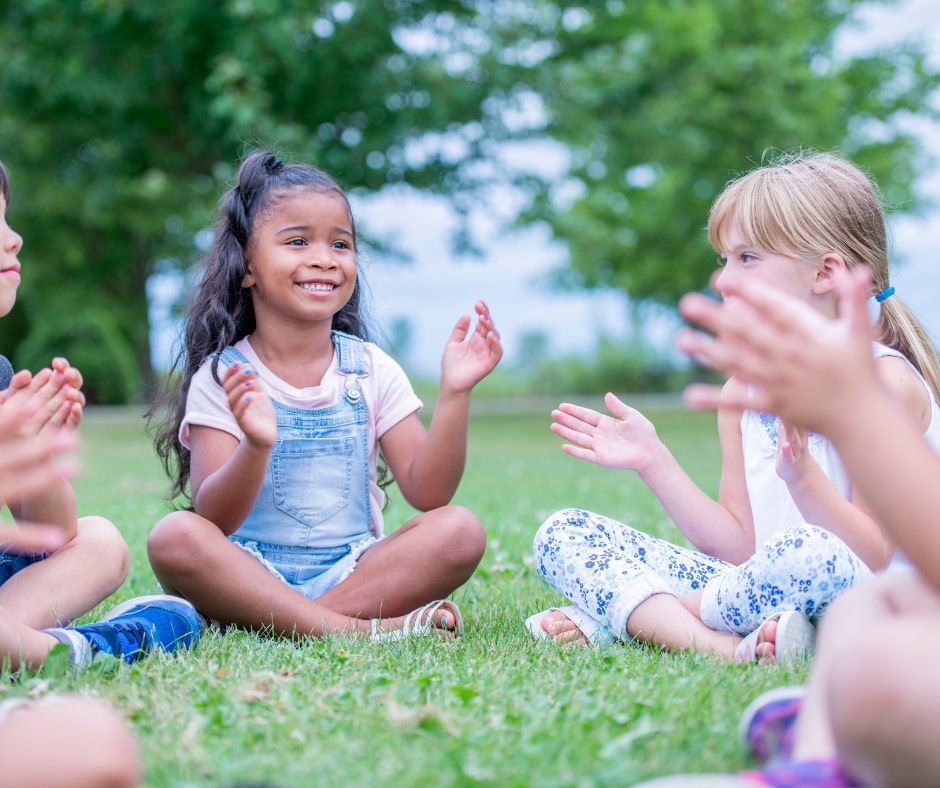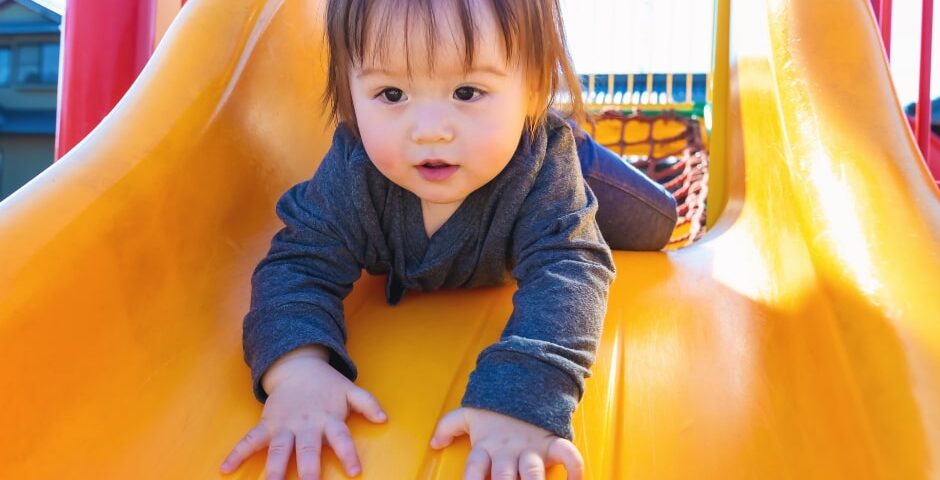While it may not be summer quite yet, it’s important to start thinking about what your child will be doing during their school break! TLC Schools offers a summer camp program on a yearly basis, and every year we get to enjoy participating in activities with your kids, helping them learn and grow, and seeing them laugh and have fun!…

Separation Anxiety: What Is It And How To Help
March 15, 2023The Benefits Of Outdoor Play With Children
A trending topic in regards to child development is outdoor play and its benefits. As we are seeing the effects of screens on child development, more parents and schools are doing their best to incorporate outdoor play in children’s lives.
The ages between 1 – 5 are crucial to a child’s development and lay the foundation for their later years. Outdoor play has proven to be a key part of present and future success. This is precisely why TLC Schools want to put a spotlight on outdoor play with preschoolers.
Let’s take a deeper look at the benefits of having kids play outside.
Advanced Physical Development
It’s only logical that outdoor play supports healthy physical development. Studies prove that kids who are active throughout childhood are more likely to engage in regular exercise later in life, and the earlier they start — the better. Outdoor play in young children helps develop a healthy attitude about maintaining an energetic lifestyle that stays with them into adulthood.
Compared with peers, kids who spend more time outdoors engaged in hands-on play typically exhibit better fine motor skills and lower body mass index. In fact, a study conducted by renowned developmental pediatrician, Dr. J. Dev Behav Pediatr, revealed that the more children played outdoors, the more their BMI decreased over the preschool year.
Additionally, children who spend more time playing outside have better overall general health. They have healthy levels of vitamin D, stronger immune systems, and improved moods.
When kids have the chance to regularly engage in physical activity, they can strengthen not only their bodies but their sense of self-confidence as well.

Heightened Social Development
Outdoor play provides a remarkable opportunity for children to develop socially. Children who play together with their peers learn important social skills like empathy, cooperation, teamwork, and friendship.
Kids who regularly play outside are generally more resilient and self-aware, and studies show that kids who spend more time playing outside are less likely to become bullies.
Outdoor play provides an open setting where kids don’t have as much competition for attention as confined quarters tend to create. This fosters easier peer-to-peer communication and concepts like teamwork. For example, take two kids on a see-saw: one side goes down, and that kid uses their legs to push upwards, then they go up. Then the kid on the other side repeats the motions. Teamwork makes the see-saw work for both participants!
Intellectual Development
A huge benefit of regular outside play is enriched intellectual development. An outdoor environment is a great place for children to experience the use of all five senses and foster interest in many different sciences.
Some fun science topics for kids to explore outside are:
- Rocks — Geology
- Animals — Zoology
- Plants And Flowers — Botany
- Weather — Meteorology
- Ocean Plants And Animals — Marine Biology
Unstructured outdoor play encourages kids to invent games, explore their surroundings, and become more independent. In addition to their newfound self-reliance, they can also develop decision-making and organizational skills.
If you are interested in seeing more about the benefits of outdoor play, the national bestseller Last Child In The Woods by Richard Louv is a topical read. Also feel free to contact us with any questions!
Connect With TLC Schools For More Information
As a parent, you want your kids to grow up to be healthy, well-rounded individuals. The best way to instill these qualities is to get them outside. At TLC Schools we offer immersive learning that encourages hands-on play, indoors and outdoors.
We love kids, and we strive to help parents with tips on a variety of topics. You read more from us on our previous blog: Separation Anxiety And How To Help It.
Contact us to learn more about TLC Schools and how we put an emphasis on creating healthy interactions between children and their peers and environments.







